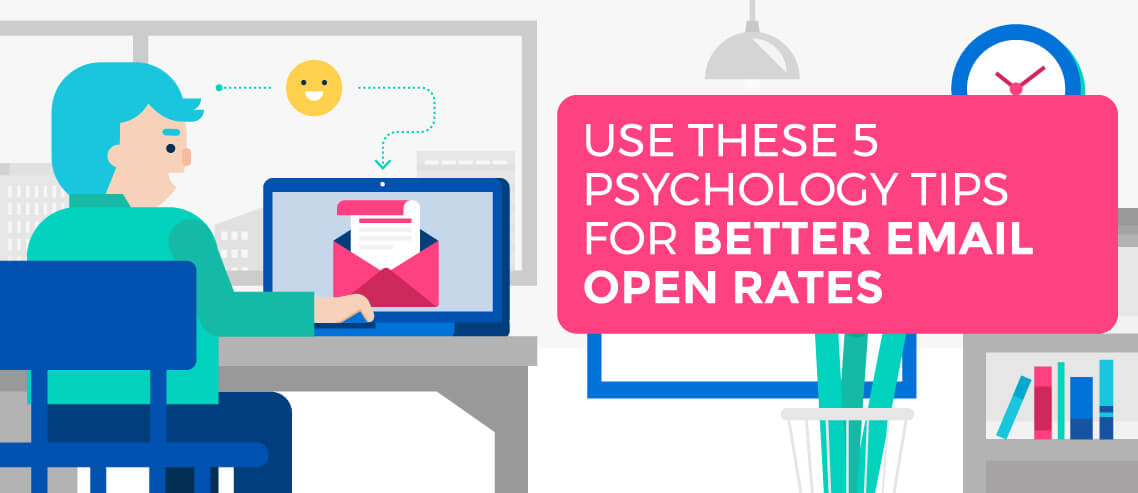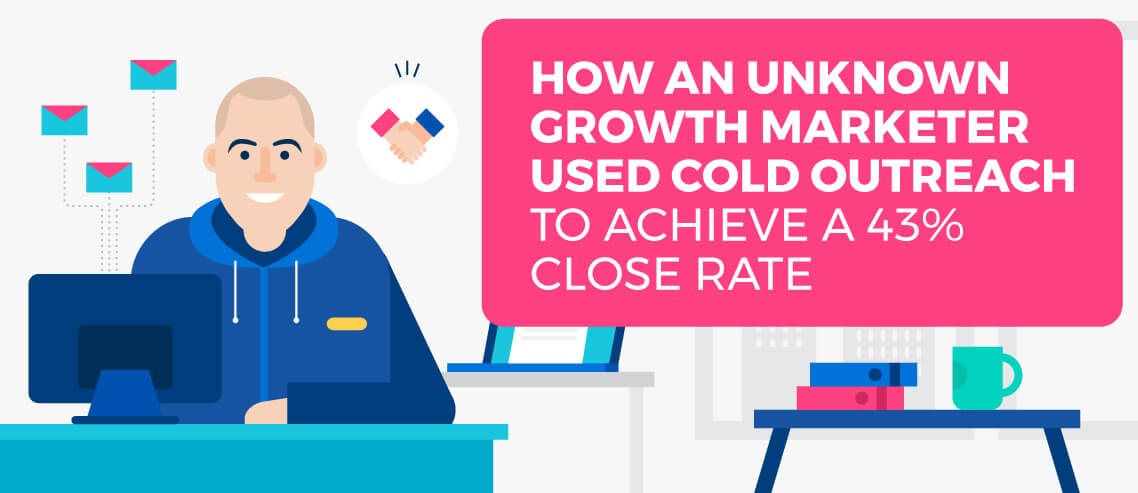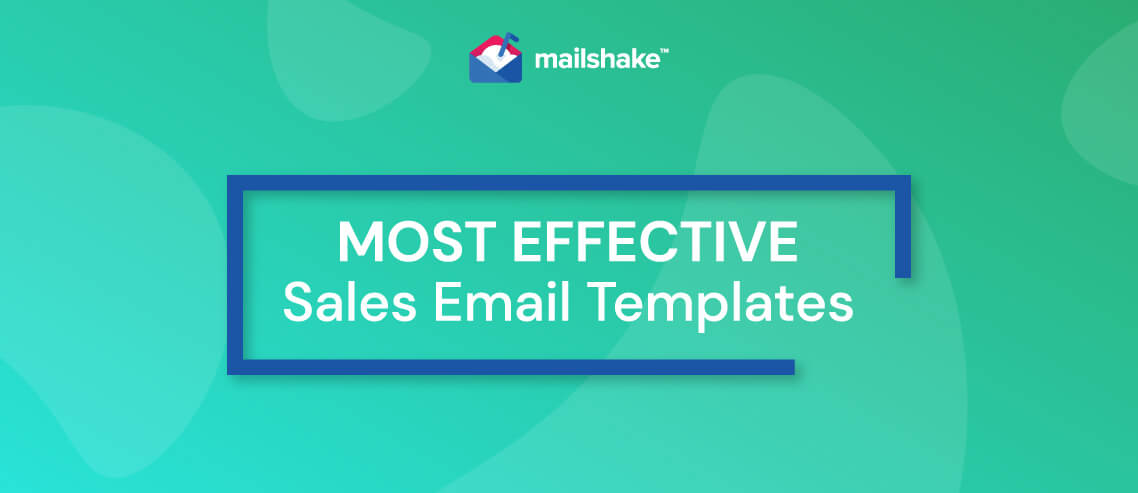Use These 5 Psychology Tips for Better Email Open Rates

Contents
You already know how important it is for your business to grow through cold email outreach, and you’ve spent a lot of time learning the best way to build your email list, and have probably dug in to things like the best time to send email campaigns. Most of the tools you use for your current email list you can also use to increase your cold email open rates.
For all the work you put in to building your cold outreach list, it can be disheartening to keep seeing low open rates on your cold emails. You know you have products and services that can truly make a difference in the lives of your potential customers, if they would only open the email to find out!
What can you do to influence readers to open your email rather than file it in the trash bin? Use a little psychology. Let’s take a walk through five psychology tips you can use for a better cold email open rate.
Personalization
There’s a reason you may find yourself going down the rabbit hole of “products you might like” on Amazon, not realizing an hour has gone by. It’s because those products really are things you might like. It’s personal. You’ve searched or purchased similar items in the past. Those suggestions make you feel unique and special, and at some basic level people need to feel that.
Use names, refer to specific events, and otherwise indicate you know the person you’re targeting (without being creepy).
- Jodi, thank you for your donation!
- Great to see you yesterday!
- Thanks for coming out! (Plus photos from the event)
Make an effort to find out what you can about your prospect (without digging too far into their private lives) and try to connect with them on that level. Use your customer relationship management tool to gather and organize useful demographic information on your prospects, and use that information to segment your cold outreach lists.
For example, if you’re a nutritionist, target customers who share their vegan status on social media and send them emails with titles indicating the yummy, meatless recipe inside. Take a look at some great examples of a marketer who knocked it out of the park with personalization.
FOMO
The Fear of Missing Out (FOMO) is very real. It’s the idea that you may miss out on an event, experience, product, or opportunity and that it’ll never come around again. Or, that you’ll be the only one who didn’t get it, leaving you with feelings of rejection and isolation.
Use these words in your subject lines to create a sense of urgency:
- Last chance
- Final hours
- This deal is disappearing
- Hurry
- Don’t miss out
- Get it before it’s gone
There are tons more words like these, but you get the picture. Create the idea of scarcity or limitation to get people to act on something they would normally put off until later. You can use this psychology with your cold email subject lines to improve their open rate. Indicate that something like price or space is only available for a “limited time,” or “while supplies last.” Give them a deadline and people will make a decision immediately.
Curiosity
Lucky for you, people tend to be nosy. It’s not that we’re just gossipy, it’s because of “The Information- Gap” Theory of Uncertainty, developed by George Loewenstein of Carnegie-Mellon. According to this theory, “the desire for new information is generated in response to a difference between what one knows and what one wants to know.”
Try some like these curiosity subject lines:
- AWAI: What a cat can teach you about achieving the writer’s life
- Content Marketing Institute – Weekly Alert: Two Wrongs That Prove You Aren’t Doing Content Marketing Right
What happens when there’s an information gap is that we’re driven to fill the gap, which means that you can craft your cold email headlines to give just enough information that your readers’ curiosity will be piqued and get them to open your message. Combine curiosity with personalization, and you’ve got a double win.
Free
When we hear the word “free” it incites a flutter of excitement, regardless of what it is we’re talking about. Do you really want a cup of coffee? Maybe. Do you want a free cup of coffee? Wow, yes, I think I do!
It’s hard to say no to free, and in this study by Dan Ariely of MIT, he explains that it often doesn’t make sense, but people are enticed to buy more, or ignore the value of something (like their time), simply because they have the opportunity to get something for free. You can use this psychology in your cold emails.
Try a free offer like: ⚠ Your private invitation expires tomorrow night
This offer from DigitalMarketer garnered them a 17.31 percent open rate. Offer something for free, and it’s more likely that your emails will be opened. Your free offer can include early access to survey results, or even an extended free trial of a product. Make it worth the prospect’s time, but you don’t have to give away the farm.
Humor
There’s no question that people love to laugh. Not only does laughing make us feel better and have a host of health benefits, but being around funny people makes us feel safe because funny people are seen as trustworthy.
When it comes to your business, consider injecting some humor into your cold emails. Humor is one way to trigger emotions that make people feel connected. Laughing together creates a positive bond, and isn’t that the point of email marketing? Try writing funny subject lines and see if your open rate doesn’t improve.
Try something like:
- OpenTable: Licking Your Phone Never Tasted So Good
- Groupon: Deals That Make Us Proud (Unlike our Nephew, Steve)
- Warby Parker: Pairs Nicely With Spreadsheets
Vertical Response pulled together 25 subject lines from companies that you can use to help you write yours. Remember: make these subject lines work and industry appropriate so you don’t turn off prospects before they start.
Your email list is a critical part of the success of your business. Consider the use of these psychology tips as you develop your email marketing strategy. When crafting your cold email headlines, think about how you can personalize them, create a sense of urgency, make your readers curious, or offer something free. And if none of that works, by all means, try being funny.





